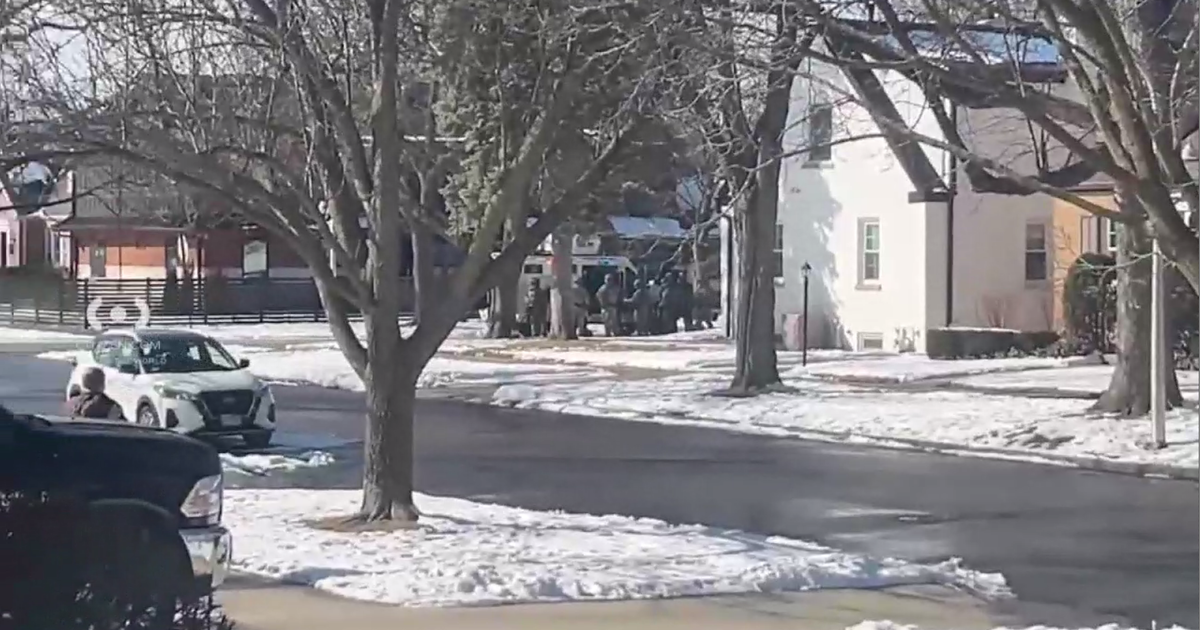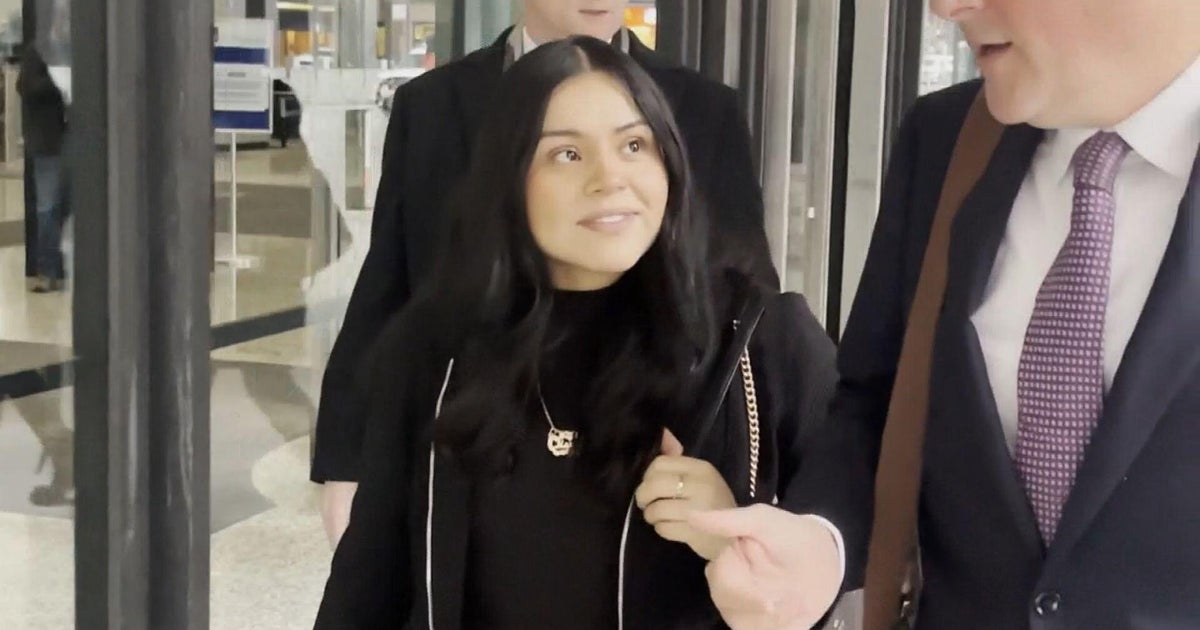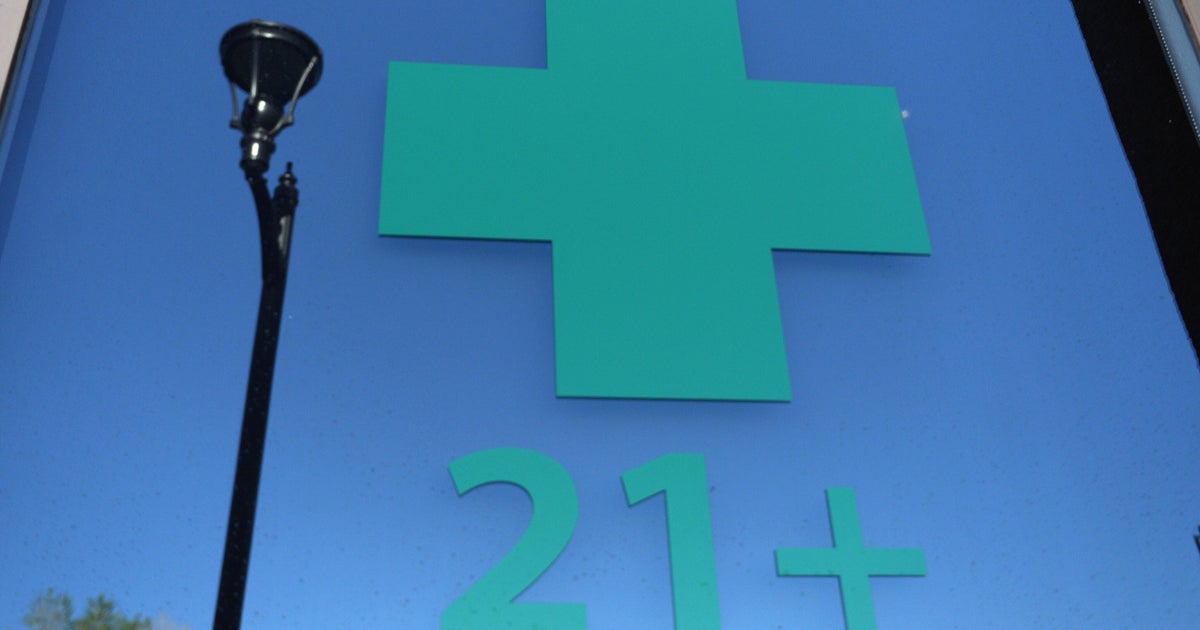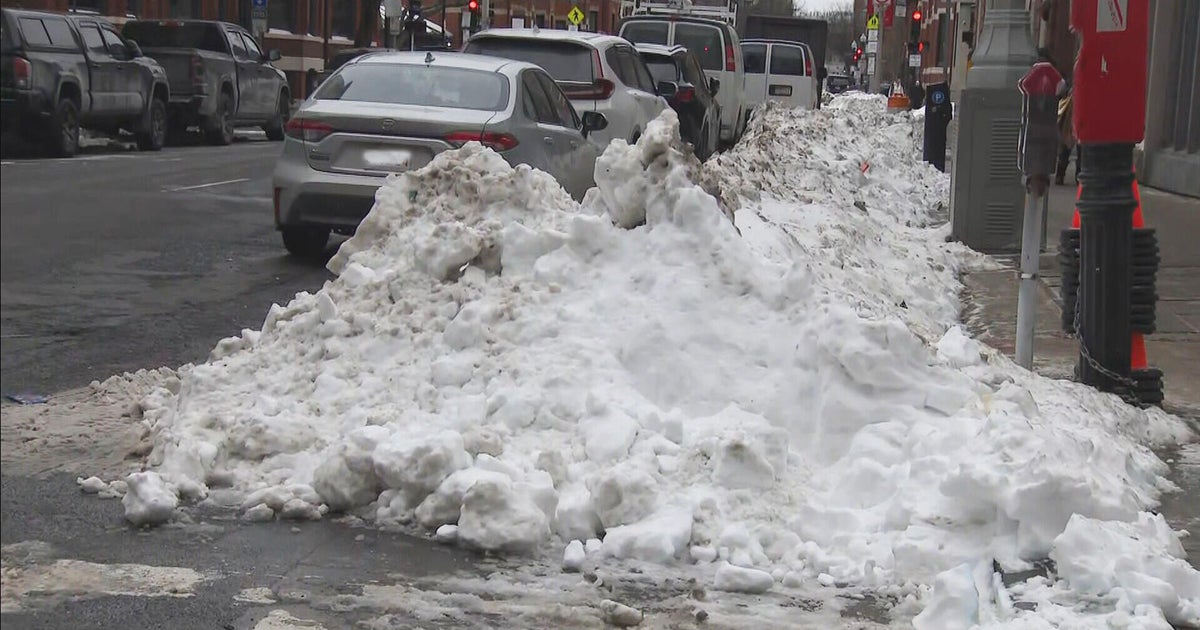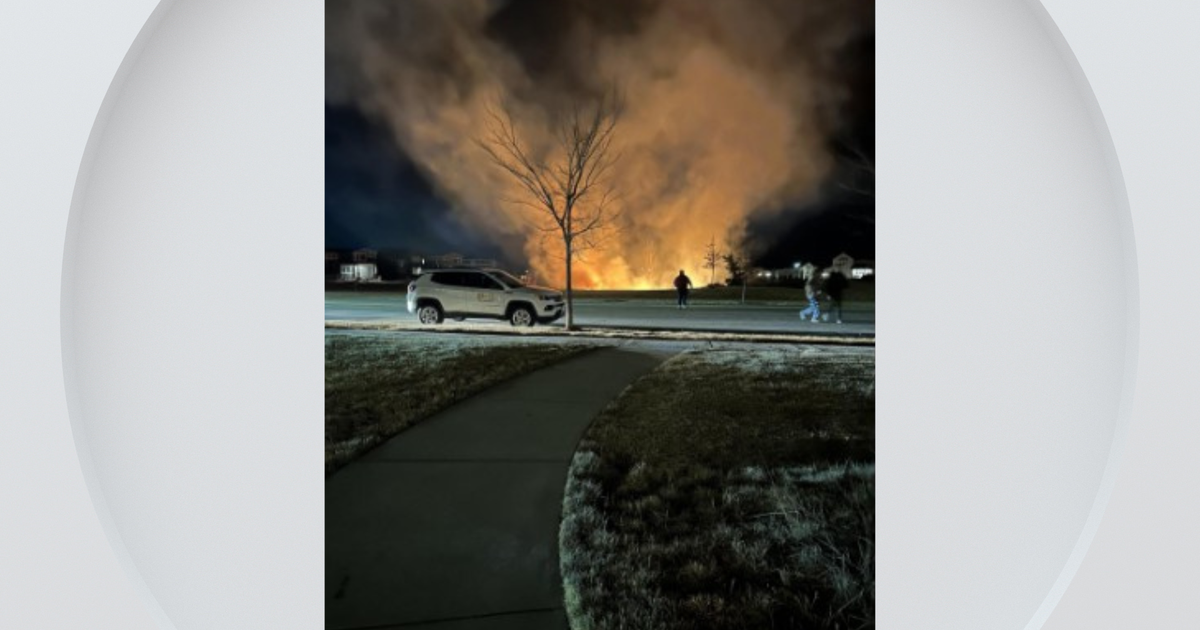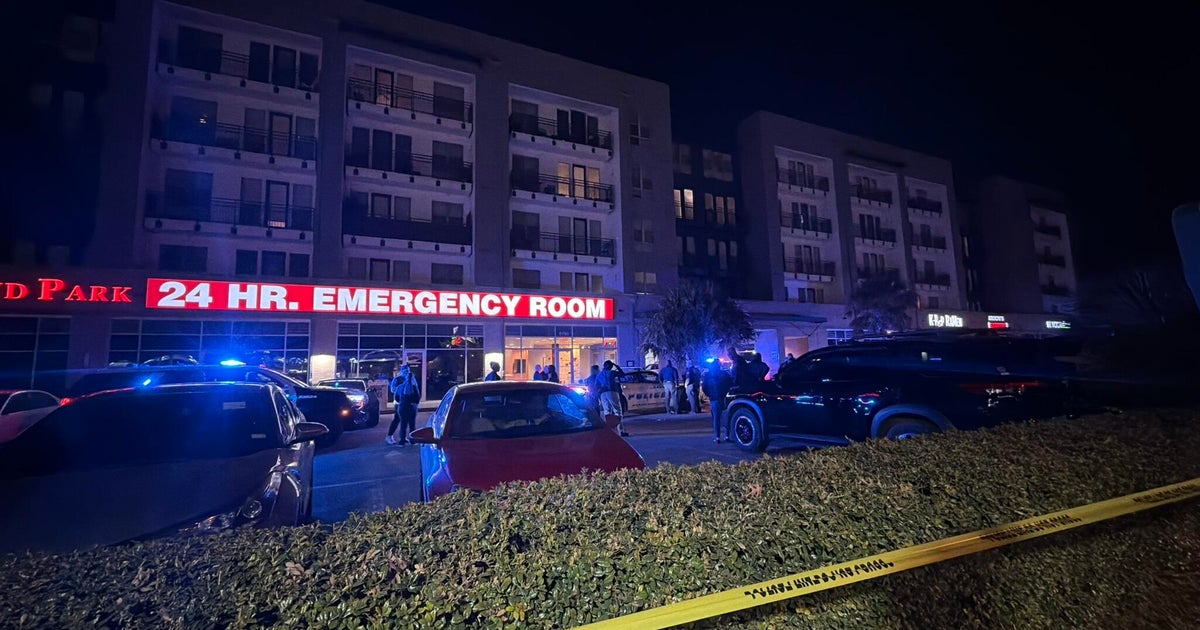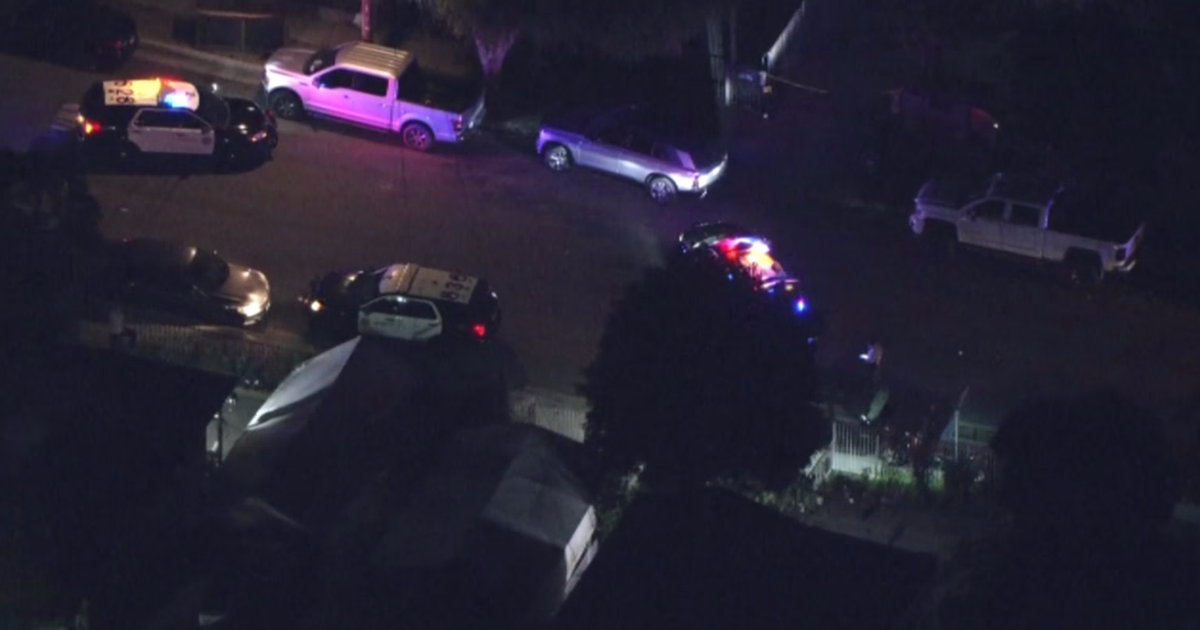Study: City's Red Light Camera Safety Claims Exaggerated
CHICAGO (CBS) -- The Emanuel administration was standing by the city's scandal-plagued red light camera program on Friday, in the face of a Chicago Tribune study revealing the city's safety claims have been overblown.
Mayor Rahm Emanuel and Chicago Department of Transportation (CDOT) Commissioner Rebekah Scheinfeld have maintained the primary reason for installing hundreds of red light cameras across the city is "a matter of public safety."
"As I've noted, we have a significant number of crashes, especially crashes resulting in serious injury or fatality, every year," Scheinfeld said.
The city has boasted a 47 percent reduction in right-angle crashes at intersections with red light cameras. However, the Tribune study found the city did not factor in significant changes in the way the state tracks traffic accidents, the improved safety of modern vehicles, or changes in traffic flow due to the recession. The Tribune study showed a 15 percent drop in right-angle crashes, but also a 22 percent increase in rear-end crashes, likely due to drivers slamming on their brakes to avoid a ticket.
Podcast
Scheinfeld said the Tribune study confirms red light cameras play a key role in helping improve public safety by reducing right-angle crashes, but she said the city is continually reviewing the program to ensure officials are doing all they can to reduce dangerous traffic crashes.
Last year, the mayor said the program was so successful, he was removing some cameras.
"We're taking those cameras down, the red light cameras, because it has actually been an effective deterrent, and that's a strategy that's being implemented," he said.
The red light camera program has faced backlash from residents since the beginning, but the criticism has intensified the past couple years, after John Bills, a former top official at CDOT, was arrested earlier this year for allegedly accepting hundreds of thousands of dollars in bribes to steer $124 million worth of red light camera contracts to the original contractor for the program. That firm has since been booted from the program, and its former CEO, Karen Finley, has pleaded not guilty to bribing Bills.
Bills' longtime friend, 73-year-old Martin O'Malley, also has been indicted on one count of conspiracy to commit bribery, for allegedly serving as the bagman for the bribes.
The program also came under fire from the city's inspector general, who said CDOT did not keep sufficient records to back up claims the cameras have been placed at the most dangerous intersections in Chicago. The inspector general also found the city quietly shifted the standard for issuing red light camera tickets, allowing violations to be issued at intersections where the yellow light time is just under the three-second federal minimum standard. That change allowed the city to issue 77,000 more tickets -- and pull in $7.7 million in extra ticket revenue -- before the city again changed the threshold back to at least 3 seconds.
The Tribune also published an investigation earlier this year that questioned several unexplained spikes in red light camera tickets since 2007, prompting the city to offer 9,000 motorists caught during one of the spikes a second chance to contest their tickets. However, the city ultimately offered only 126 refunds, while not explaining what caused the spikes in ticketing.
